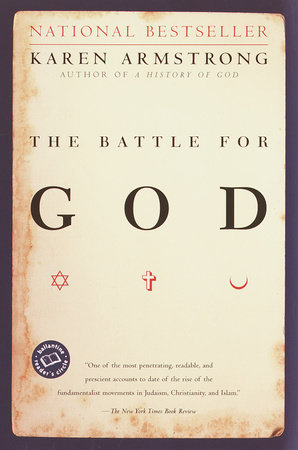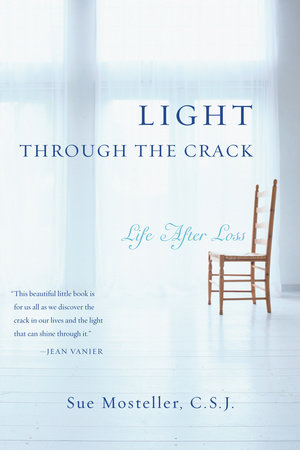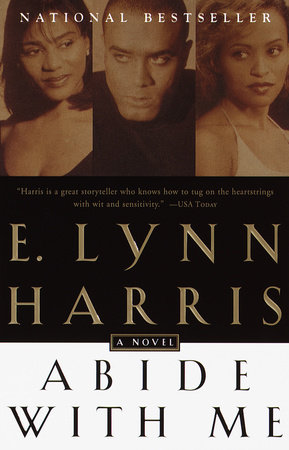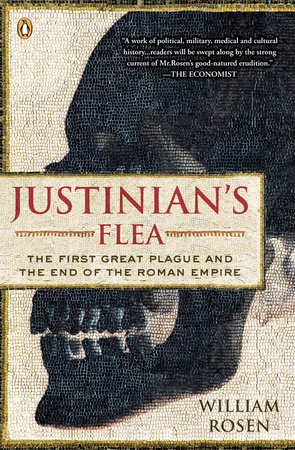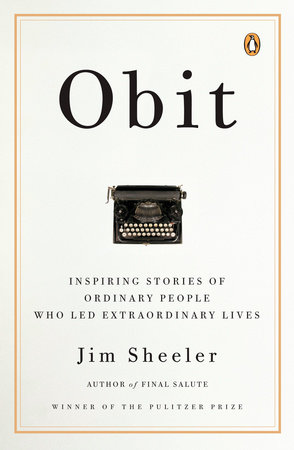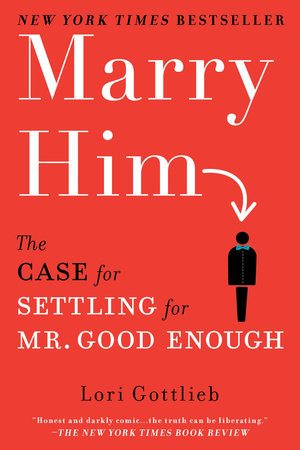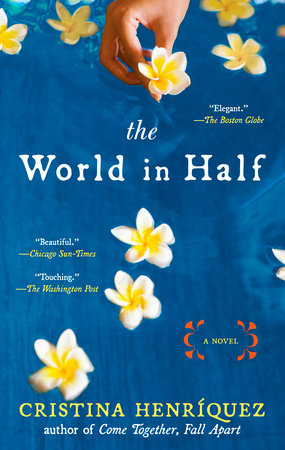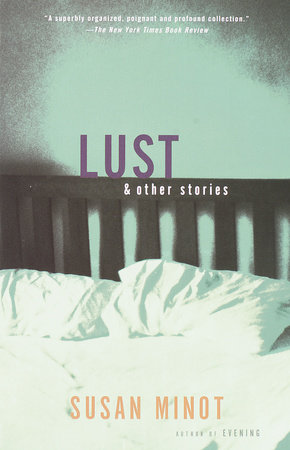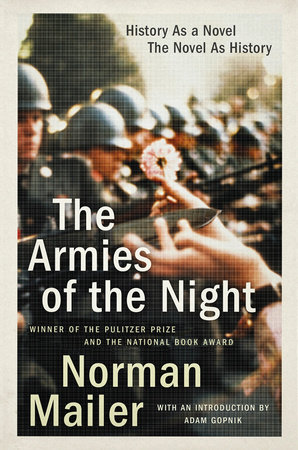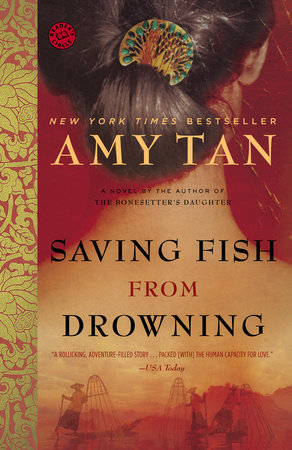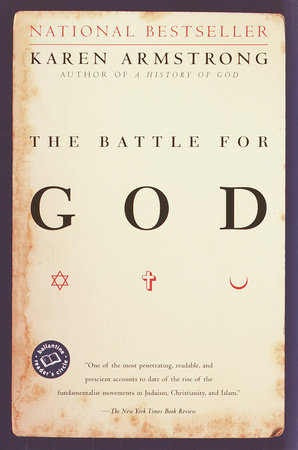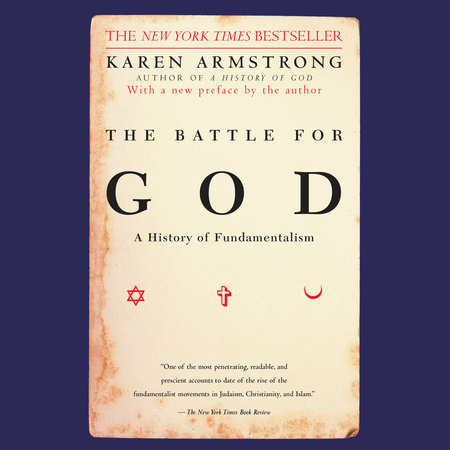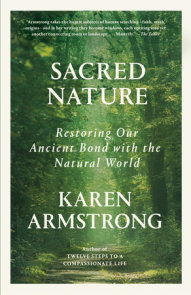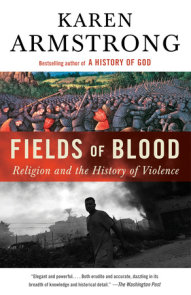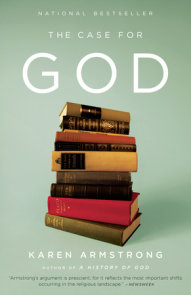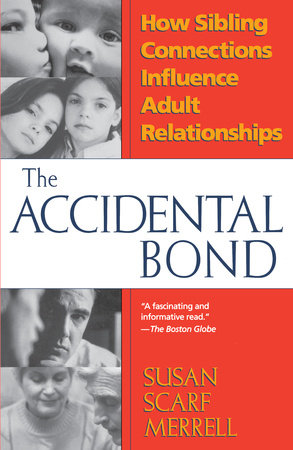Author Q&A
A Conversation with Karen Armstrong
Karen Armstrong was interviewed by Jonathan Kirsch, a book columnist for the Los Angeles Times who writes and lectures widely on biblical, literary, and legal top-ics. He is the author of the best-selling and critically acclaimed books King David, Moses: A Life, and The Harlot by the Side of the Road.
JH: Your very first book, Through the Narrow Gate, is a memoir of your experiences as a nun. What convinced you to enter a convent?
KA: Very few of our motivations are simple and clear and pure, and what drew me to the religious life was a complex decision. There certainly was a religious desire–I did want to find God. Of course, there were other less noble reasons, too–I was only seventeen years old, and the whole mess of adolescent confusion was certainly a factor. I was very shy, believe it or not, and I was very scared about how I was going to cope in the big wide world. The convent seemed something familiar. I thought I’d become so holy and wise that I would transcend these con-fusions and lose myself in a sort of being called God and become saintly and happy. But that didn’t happen. If you’re just seeking to escape your-self, you’re not going to stay very long because in the convent you are confronted with yourself twenty-four hours a day, 365 days a year.
JH: What prompted you to leave the convent?
KA: Why I left is equally complicated. I didn’t want to leave at all. I was really frightened to leave. I wasn’t thinking, Now I can wear beautiful clothes and fall in love and be free. I left with real dread. I had missed the 1960s, and I came out into an entirely transformed world. But I knew that I had to do it. I knew I wasn’t going to be a very good nun. Some women can live a life of complete chastity and still become mature; a life in which they never make any decisions themselves and always obey, and have no per-sonal possessions. But only a few women had done that, and I knew that I wasn’t one of them. I knew it wasn’t for me. I had to go.
JH: Using the definition of fundamentalism that you offer in The Battle for God, was your stay in the convent a fundamentalist experience?
KA: Yes, in the sense that it was a deliberate attempt to turn my back on the modern world. And there is certainly a sense in which the convent was an embattled community at odds with the world outside–ours was not to wonder why, ours was to do and die. But there were differences, too. A lot of fundamentalists are angry and about to declare war on the world. We never got to that stage. We were in retreat from the world.
JH: You have been remarkably prolific as an author since leaving the convent. What is your writing life like?
KA: I work alone here in my house in London, I work at the library, and I write all the time. I write longhand and then I type the manuscript. It slows down the writing but I think it’s a good thing to write more slowly. I am not just a Luddite, forsaking all machinery–I am an epilep-tic due to a birth injury, and I am worried about the effects of sitting in front of a computer screen all day long. But I am finally getting a com-puter because the fact is that they are not making typewriters anymore, and soon the only place you’ll find them is in antique shops.
When I’m not writing, I also do a little lecturing and a bit of teaching at the Leo Baeck College in London, but that’s a tiny part of my year. I teach Christianity, but there’s a Dominican priest at the college who thinks I’m not Christian enough to teach the whole course.
JH: Your books range from biographies of St. Paul (The First Christian) and Muhammad (Muhammad: A Biography of the Prophet) and Bud-dha (Buddha) to studies of Christianity, Islam, and Judaism (A History of God and Jerusalem: One City, Three Faiths). The Battle for God, for example, focuses on fundamentalism in all three Bible-based religions. What interests you in the study of so many different and disparate faiths?
KA: It was the different expressions of faith that drew me back to religion. After I came out of the convent, I was sick to death of religion and I thought that I had completely finished with it. I’d had a bad experience of religion, and I was literally nauseated by it. It’s like a bad sexual experience at an early age that can skew you forever. My early books were written in a spirit of great skepticism.
Then I made a trip to Jerusalem to make a documentary on St. Paul, and there I encountered Judaism and Islam as living faiths, vibrant and independent, and yet interconnected with my own. I was intrigued and enthralled, and I realized I had to look into it. The study of Judaism, Islam, and Orthodox Christianity showed me that there was a lot in the monotheistic tradition that I had never encountered and could really relate to, and it drew me back to a greater appreciation of what my own religion was trying to do. I always tried to present the monotheistic religions in a triple vision by trying to see them all as valid ways to God.
JH: Do you still regard yourself as a Catholic?
KA: No, I would call myself a freelance monotheist. My main source of spiri-tuality is study. When I immerse myself in the sacred texts, whatever they happen to be, I live moments of awe and wonder and transcen-dence.
This is one of the common experiences of the twentieth century. Peo-ple don’t want to leave their own traditions, but they are reaching out instinctively to other faiths. Our society is becoming more and more global, and religious pluralism is one aspect of it.
JH: And yet the fundamentalists you write about in The Battle for God would be aghast at the idea of religious pluralism, wouldn’t they?
KA: Some people feel very threatened by pluralism, and they want to assert their identity more strongly than ever before, out of fear, by erecting new barriers. Fear is at the heart of fundamentalism–the fear of losing yourself.
But you can’t escape modernity. Ironically, the very stance of choos-ing to be a fundamentalist is a modern stance, and most of the funda-mentalist ideologies could not have taken root in a time other than our own. A Christian who reads the Bible from a fundamentalist point of view, for example, is reading it in a way that would have been impossi-ble prior to the invention of printing and widespread literacy.
The Ayatollah Khomeini, too, was a man of the twentieth century, innovative and revolutionary, and his politics were typical Third World politics–anti-imperialist and antiAmerican. Like any modern politi-cian, he appealed directly to the people, and he overturned centuries of Shiite tradition.
JH: The final chapter of The Battle for God is titled "Defeat?" What do you intend to say about the future of fundamentalism with that provocative question mark?
KA: Fundamentalism cannot be defeated, and, in a sense, fundamentalists have won a great victory. By the middle of the twentieth century, it was generally assumed that religion would never again play a role in great events. Today, however, no government can ignore it. Israel began as a defiantly secular state, for example, but now the Prime Minister of Israel must go hat in hand to the religious parties to make a government. In Egypt, Islamic fundamentalism is as popular today as Nasserism was in the 1960s. Even in the United States, politicians have to flaunt their born-again credentials. At the height of the Lewinsky scandal, we saw President Clinton attending a prayer breakfast and weeping and saying he had sinned.
But, on another level, fundamentalism represents a defeat for the religious traditions that fundamentalists are fighting to preserve, because they tend to downplay compassion, which all the world faiths insist is the primary religious virtue, and overstress the more belligerent and intolerant aspects of the tradition. At the root of fundamentalism are nihilism, hopelessness, and despair.
We have to try to make the huge imaginative effort to put ourselves in the shoes of the fundamentalists because they threaten our values just as we threaten theirs. If we understand a bit more clearly what the fun-damentalists really mean, if we learn to read the imagery of fundamen-talism, we take the first step in learning about and understanding each other. You can make war in a minute, but peace takes a long time.
I called my book The Battle for God not just because it was a snappy title but because I saw a society that is so polarized that the two sides are not yet ready to come to the table. Both sides are cowering in their corners and looking out at the same world but they don’t see the same thing. We’ve got to learn to listen. One of the things I am trying to do in my book is to decode some of the fundamentalist imagery so that we can see what lies at the root of what they’re trying to say–the myths and dreams, the fears and anxieties. Instead of dismissing fundamentalists as a bunch of loons and crazies, we must listen to what they have to say.
